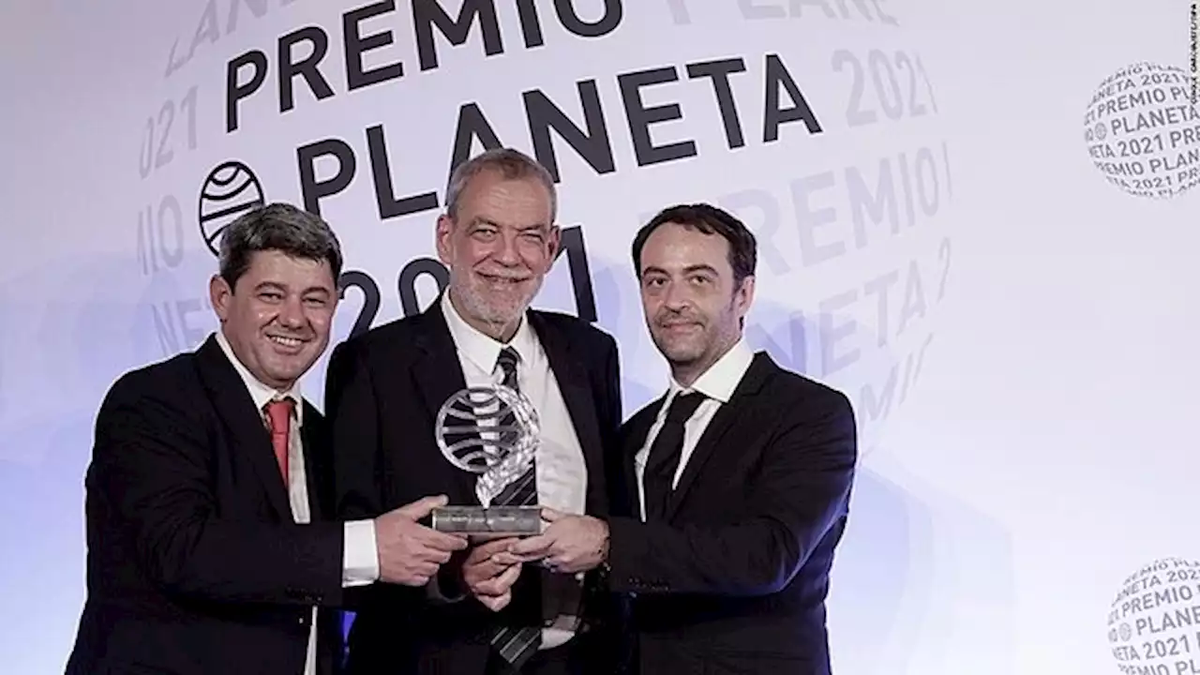On the website of Mola’s agent, the writer, who has been compared to the famous Italian novelist Elena Ferrante, is described as a “Madrid-born author” who writes under a pseudonym in an attempt to remain anonymous. Mola’s description on the website also contains a series of photographs of an unknown woman looking away from the camera.
In previous interviews with Spanish media, Martínez, Díaz and Mercero had introduced Mola as a university professor who lived in Madrid with her husband and children.
The Planeta Award-winning book is a historical thriller called “The Beast,” set during a cholera epidemic in 1834 and focusing on a serial killer who is chased by a journalist, a policeman, and a young woman.
Mola’s novels are well known for being gory and explicit, and the Spanish media have pointed out in the past that the contrast between Mola’s supposed life as a married university professor and the violent nature of the books served as a useful marketing tool.
In an interview with the real authors after the revelation, the newspaper El Mundo de España reported: “Nobody is aware that the idea of a university professor and mother of three children, who teaches algebra classes in the morning and, at late, writing novels of savage and macabre violence has been a good marketing operation. “
The news surprised many literary figures, Beatriz Gimeno, who describes herself as a writer and feminist, and who was once director of the Institute for Women, took to Twitter to criticize Martínez, Díaz and Mercero.
In a tweet, Gimeno said: “Beyond the use of a female pseudonym, these guys have been answering interviews for years. It is not just the name, it is the false profile with which he has taken readers and journalists. Scammers ”.
In 2020, a regional branch of the Women’s Institute included Mola’s work as part of a selection of “feminist reading” alongside the Canadian poet Margaret Atwood and the spanish writer Irene Vallejo.
David William is a talented author who has made a name for himself in the world of writing. He is a professional author who writes on a wide range of topics, from general interest to opinion news. David is currently working as a writer at 24 hours worlds where he brings his unique perspective and in-depth research to his articles, making them both informative and engaging.




